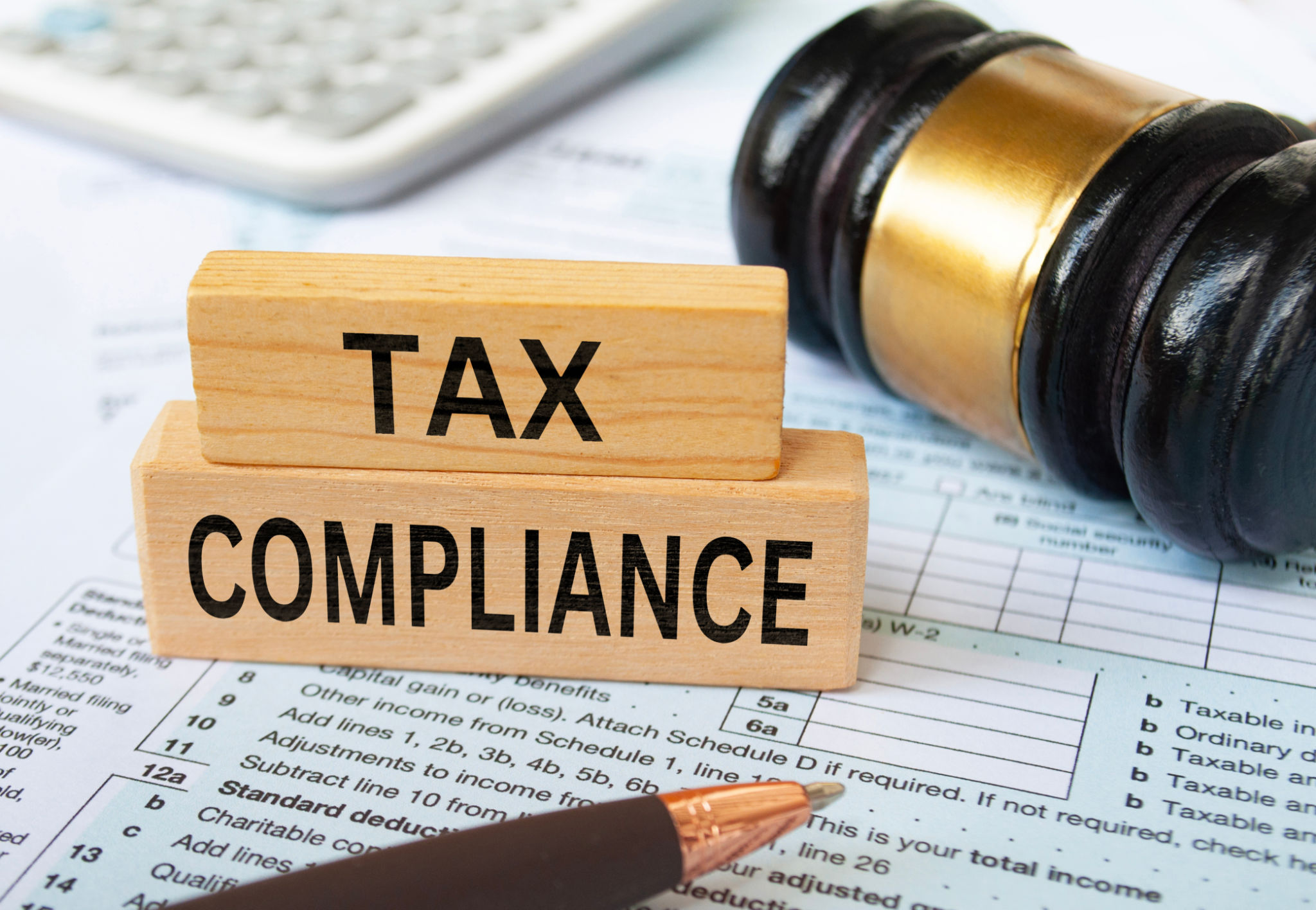Navigating Local Tax Regulations in Harris County for Businesses
DJ
Understanding the Basics of Local Tax Regulations
For businesses operating in Harris County, understanding local tax regulations is crucial to ensure compliance and avoid potential penalties. Navigating these regulations can be complex, but with the right guidance, you can manage your tax obligations effectively. Local taxes typically include property taxes, sales taxes, and various business-related levies that are specific to the region.
Harris County, like many areas, has its own unique set of rules and rates that businesses must adhere to. The local government provides resources and guidance to help businesses understand these obligations. It's essential for business owners to stay informed about any changes in tax laws that might affect their operations.

Property Tax Responsibilities
One of the primary local taxes businesses in Harris County need to manage is property tax. This tax is levied on the real estate owned by a business. The amount is calculated based on the assessed value of the property and the tax rate set by local authorities. It's important for businesses to keep track of payment deadlines and assessment appeal windows to avoid penalties.
Businesses should also be aware of any exemptions or abatements they may qualify for, which can reduce their property tax burden. Consulting with a local tax expert can provide insights into how to effectively manage these responsibilities.
Navigating Sales Tax Requirements
Sales tax is another significant consideration for businesses in Harris County. This tax is imposed on the sale of goods and services and must be collected from customers at the point of sale. Understanding which products and services are taxable and the applicable rates is critical for compliance.
The Texas Comptroller's office provides resources and tools to help businesses determine their sales tax obligations. It's vital to regularly review these guidelines to ensure that your business remains compliant with current regulations.

Business Licenses and Permits
In addition to property and sales taxes, businesses must also secure the appropriate licenses and permits to operate legally in Harris County. These may include health permits, zoning permits, and specific industry-related licenses. The requirements can vary widely depending on the type of business and its location within the county.
To avoid fines or business interruptions, make sure to research the necessary permits for your specific industry and keep them up-to-date. The Harris County Clerk's office is a valuable resource for finding information on required licenses and permits.
Staying Informed and Compliant
Keeping up with local tax regulations can be challenging, but it's essential for the smooth operation of your business. Regularly checking for updates from local government websites and consulting with a tax professional can help ensure compliance.

Consider attending workshops and seminars offered by local chambers of commerce or business associations. These events can provide valuable insights into best practices for managing local tax obligations and keeping abreast of regulatory changes.
Conclusion
Navigating local tax regulations in Harris County requires diligence and a proactive approach. By understanding your property tax responsibilities, complying with sales tax requirements, securing necessary licenses, and staying informed about regulatory changes, your business can thrive while avoiding unnecessary pitfalls.
Remember, when in doubt, seek professional advice to ensure that your business remains in good standing with local tax authorities. This foresight will not only save you time and money but also allow you to focus on growing your business successfully.